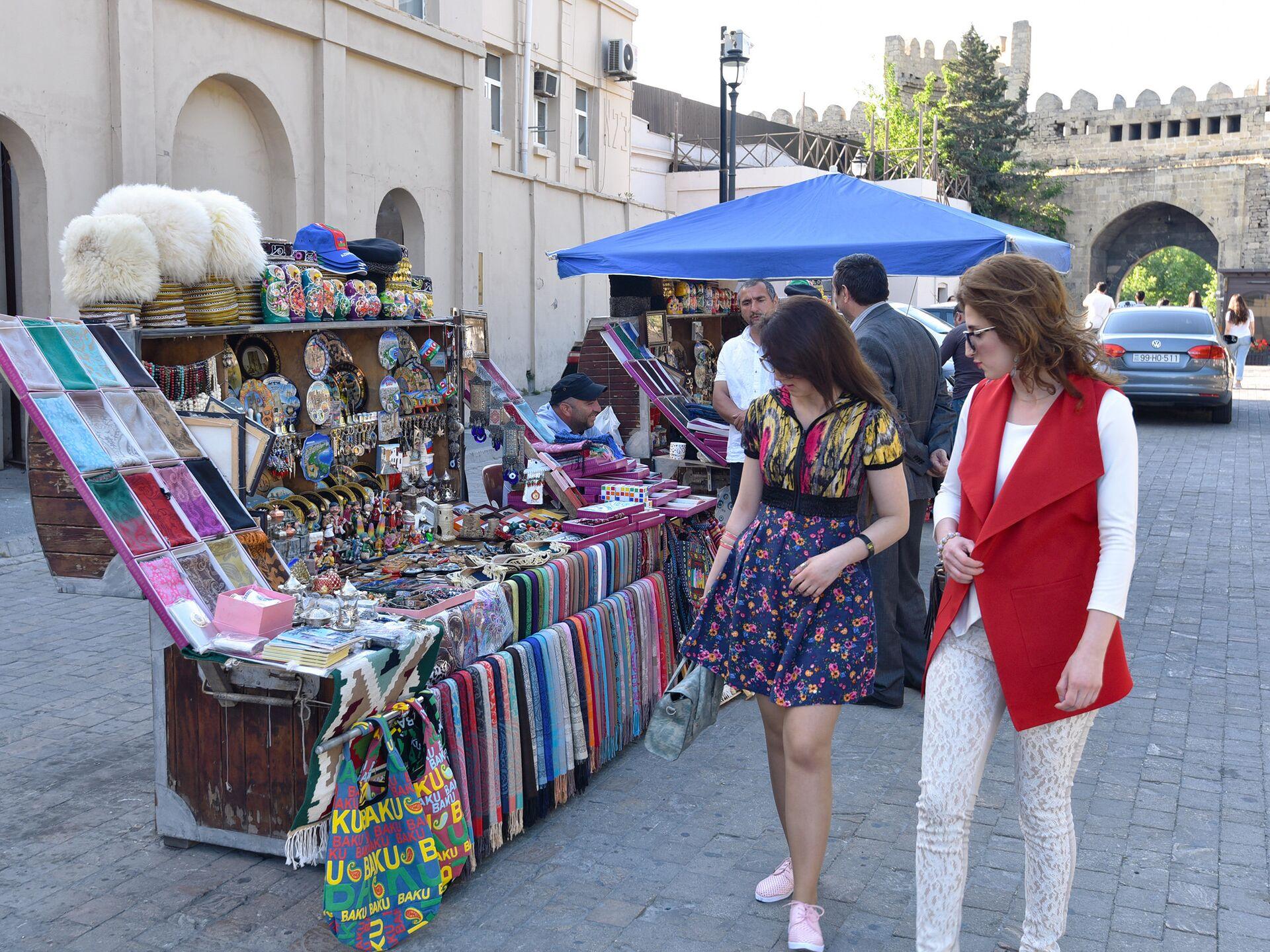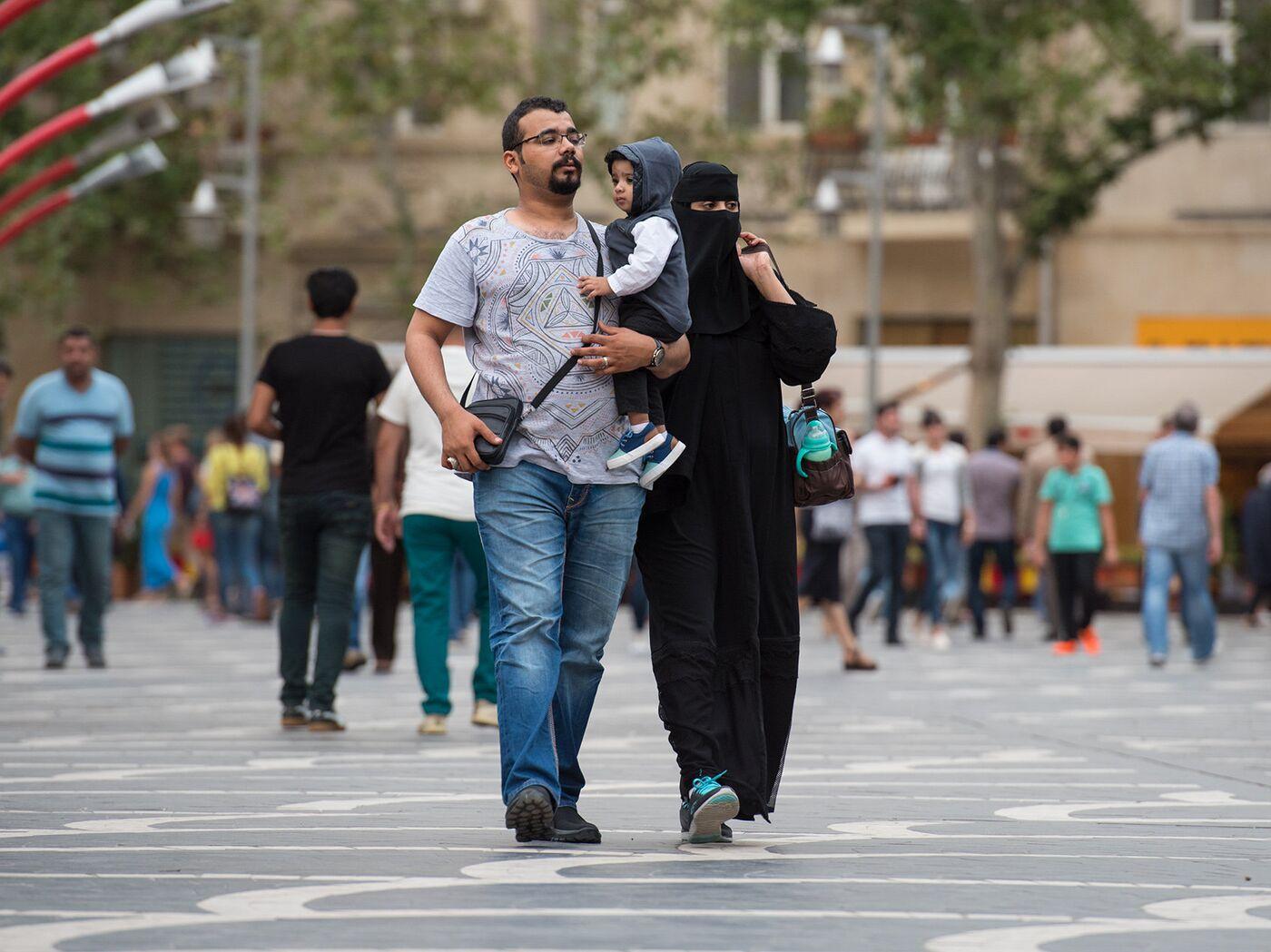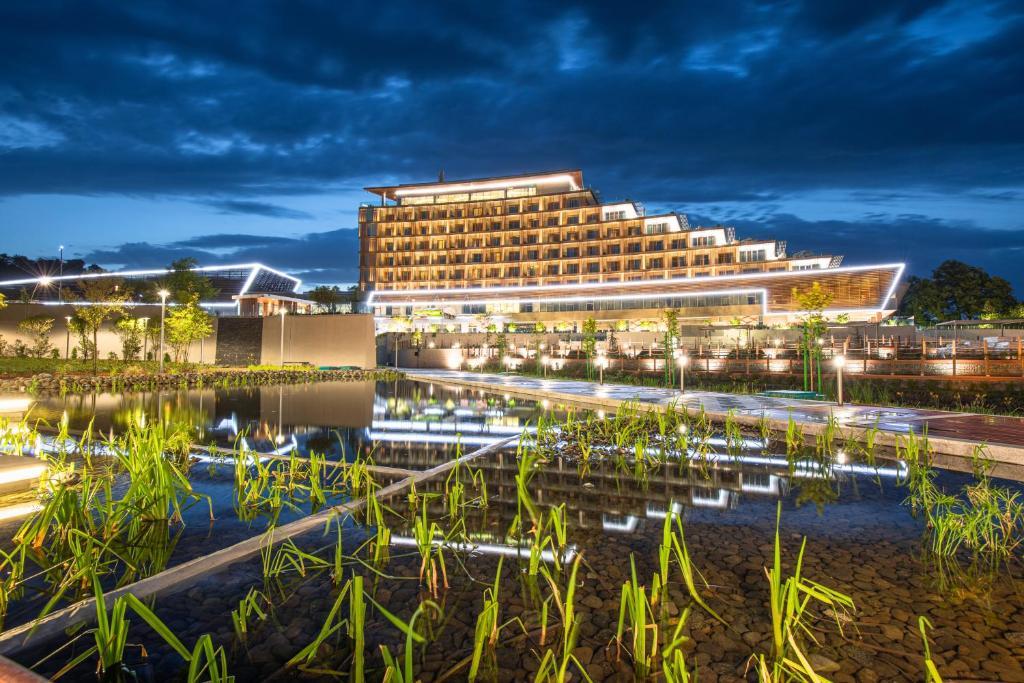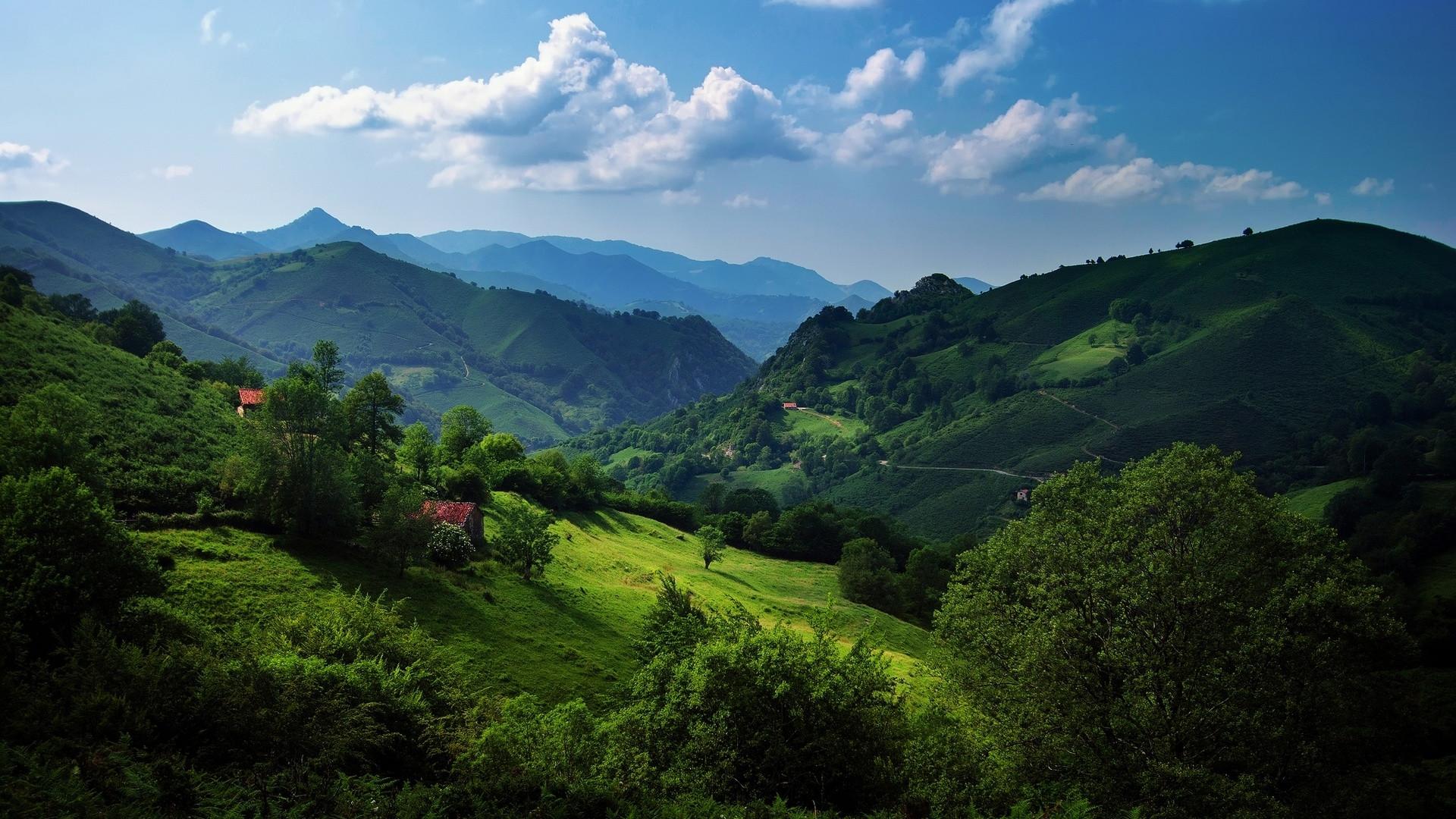Azerbaijan's inbound tourism set to surge as Baku gears up for global spotlight Record-breaking milestone on the horizon
As the summer holiday season draws to a close, preliminary results indicate significant growth in Azerbaijan's tourism sector this year. According to the State Statistics Committee, the country has achieved a substantial increase in the incoming flow of tourists. This upward trend is expected to continue into the autumn, boosted by major events like the Formula 1 races and the UN Climate Change Conference (COP29) in Baku.
This year has been notable for the development of new tourist destinations, the liberalization of visa procedures with several countries, and the initial steps in tapping into the recreational potential of the Karabakh region. With these factors in play, Azerbaijan's hospitality sector is steadily recovering from the impacts of the COVID-19 pandemic and is nearing the record levels seen in the prosperous year of 2019.

Recent data from the State Statistics Committee of the Republic of Azerbaijan reveals that nearly 1.503 million foreigners and stateless persons from 182 countries visited Azerbaijan between January and July this year. The post-pandemic recovery of the country's tourism industry has been impressive, with 2023 seeing foreign tourist traffic restored to 65% of pre-pandemic levels. Last year, 2.086 million foreigners visited Azerbaijan, marking a 30.2% increase compared to 2022.
In the first seven months of 2024, the growth in inbound tourism accelerated further, with a 31.4% increase compared to the same period last year. Russia continues to dominate the incoming segment, with over 630,000 Russian tourists visiting Azerbaijan in 2023 and 360,000 in the first half of 2024, a 20% increase year-on-year. Turkey holds the second spot, accounting for 16.5% of total inbound tourism, followed by India, which saw a 2.5-fold increase in travellers. Iran and Saudi Arabia round out the top five, contributing 8.3% and 4.2% to the total, respectively.
The current tourist season has proven exceptionally favourable for expanding Azerbaijan's tourism ties with various countries, including distant regions. According to the State Statistics Committee, from January to July, the number of visitors from Persian Gulf countries reached 258.8 thousand, marking a 39.6% increase. Meanwhile, arrivals from European Union countries grew by 28%, and from CIS countries by 20.5%.
In some cases, tourism growth has been measured in multiples rather than percentages. For instance, the number of South Korean citizens visiting Azerbaijan increased 2.3 times, Chinese visitors doubled, and travellers from Spain and Kazakhstan rose by 1.8 times each. Additionally, the number of tourists from Kyrgyzstan grew by 1.7 times, while visitors from Pakistan increased by 1.5 times during the same period.

This upward trend is expected to continue, with experts predicting further increases by the end of the year. Baku will host two major international events — Formula 1 and the COP29 UN Climate Conference — bringing an anticipated 80,000 foreign visitors for the climate conference alone.
What accounts for this rapid growth in Azerbaijan's tourism sector, which has managed to rebound so effectively from the pandemic downturn? The answer lies in a well-crafted sectoral policy focused on attracting foreign visitors. This strategy has been spearheaded by the State Tourism Agency of Azerbaijan (STA), the Tourism Bureau, and other relevant organizations. In the post-pandemic period, proactive measures were taken to launch new flight routes to CIS countries, Central Asia, Indochina, and the Persian Gulf, as well as to Pakistan, where Azerbaijani tourism products have been actively promoted at various exhibitions and forums.
Recently, President Ilham Aliyev signed a decree ratifying the "Agreement on Cooperation in the Field of Tourism" between Azerbaijan and Pakistan. Over the past two years, visa procedures between these two brotherly nations have been simplified and digitalized. For instance, Pakistan has waived the e-Visa fee for Azerbaijani citizens, and the number of flights between the two countries, operated by Azerbaijan Airlines (AZAL) and Pakistan International Airlines (PIA), has significantly increased.

Equally significant in boosting Azerbaijan's international appeal have been the extensive transformations in recreational and transport infrastructure over the past decade and a half. Azerbaijan has emerged as a leader in the Caspian region, boasting a wide range of multi-star hotels from renowned brands, upscale recreation areas, gourmet restaurants, ski and spa resorts, and modern airports across its regions. Since 2010, the country's hotel infrastructure has seen an impressive eightfold increase in the number of hotels and hotel-like facilities, now totalling approximately 757 establishments with 56,562 beds.
To enhance the quality of service within the hospitality sector, recent efforts have focused on expediting the certification process and awarding stars to hotels, alongside initiatives to improve the qualifications of hotel staff. A key strategic direction has been the attraction of global hotel brands and the encouragement of local hoteliers to invest in the country's regions. A significant move in this direction was the recent decision to reduce property tax for hotels and sanatoria in Azerbaijan's regions by 75% for three years, providing critical support to the industry.
These efforts are also being channelled toward the development of the Karabakh region's recreational sector. This year, the areas of Karabakh and East Zangezur, liberated from occupation and cleared of mines, have become accessible to tourists along specific routes. Moreover, for the past two years, significant progress has been made in constructing the first tourist and spa facilities and creating modern recreational areas in Shusha, Lachin, Kalbajar, and Tartar districts.

Significant progress has also been made in promoting new tourist destinations, with a particular focus on developing a strategy for health tourism in Azerbaijan. Experts from the State Tourism Agency (STA) are implementing best international practices in this field. The STA's tourism marketing strategy for 2024-2026 emphasizes four key areas: balneological (spa) tourism, cultural and ethnographic tourism, business tourism (focusing on international events and congresses), and ecological tourism, which is increasingly popular worldwide.
To bolster "green" tourism, Azerbaijan has established a network of national parks, with plans for more, and offers equestrian, hiking, and mountaineering routes in the scenic mountain forests of the Greater Caucasus. Notably, Azerbaijan is home to 350 active mud volcanoes, a rare natural phenomenon. To showcase this unique attraction, a specialized tourist complex was inaugurated in the Absheron district in June, with President Ilham Aliyev participating in the opening ceremony.

Overall, these initiatives are strategically aimed at restoring Azerbaijan's hospitality industry to record levels of 2019, when the country welcomed 3.2 million foreign tourists. By the end of 2026, the goal is to boost inbound tourism to 4 million visitors, while domestic tourism is expected to rise to 6 million citizens.








